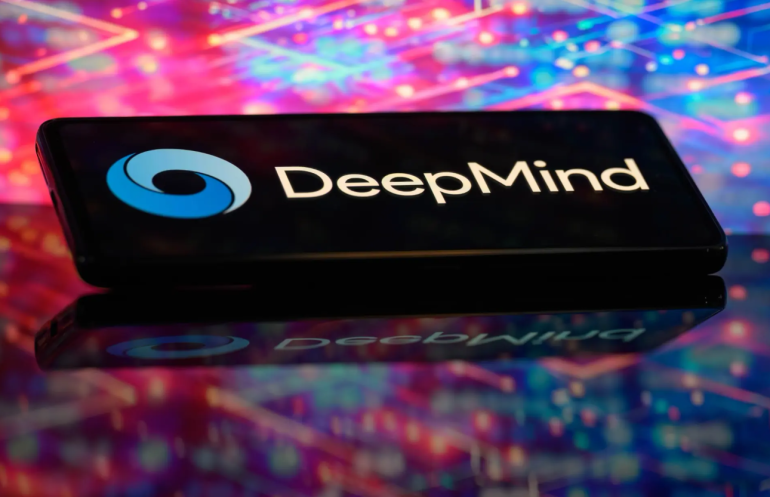- Google DeepMind introduces AlphaProof and AlphaGeometry 2 for advanced mathematical reasoning.
- AlphaProof uses formal language Lean for proof generation and is based on the AlphaZero model.
- AlphaGeometry 2 is an enhanced version of the previous geometry-solving system with significant upgrades.
- Both models were tested on problems from the 2024 International Mathematical Olympiad, solving four out of six problems.
- AlphaProof solved two algebra and one number theory problem; AlphaGeometry 2 solved one geometry problem.
- AlphaGeometry 2 improved its solve rate on historical IMO geometry problems from 53% to 83%.
- DeepMind used the Gemini model to translate natural language problems into formal statements for better problem-solving.
Main AI News:
Google DeepMind, the AI research arm of Google LLC, has introduced two pioneering AI models designed to tackle complex mathematical problems that currently challenge existing models. The new models, AlphaProof and AlphaGeometry 2, represent significant advancements in mathematical reasoning capabilities.
AlphaProof, a reinforcement-learning model, specializes in formal mathematical reasoning, while AlphaGeometry 2 is an enhanced version of DeepMind’s previous geometry-solving system. These models are seen as crucial steps towards achieving artificial general intelligence (AGI), which aims to create AI systems capable of learning and understanding at a human-like level.
In a rigorous evaluation, both models were tested against problems from the 2024 International Mathematical Olympiad, a prestigious competition known for its difficult questions across algebra, combinatorics, geometry, and number theory. The models collectively solved four out of six problems, demonstrating proficiency comparable to a silver medalist. Specifically, AlphaProof tackled two algebra problems and one number theory problem, while AlphaGeometry 2 addressed the geometry problem. However, the combinatorics questions proved too challenging for the models.
AlphaProof utilizes formal language Lean for mathematical proof generation and is built on the pretrained AlphaZero model, renowned for mastering chess, shogi, and Go. Unlike large language models prone to generating plausible but incorrect answers, AlphaProof benefits from formal language’s precision. To bridge natural and formal languages, DeepMind fine-tuned a Gemini model to translate natural language problems into formal representations, creating a diverse library of formalized problems.
Gemini, DeepMind’s most advanced large language model, supports a range of functions from conversation to code generation. For AlphaProof’s training, DeepMind used a broad set of mathematical problems, continually generating new problem variations to refine the model’s problem-solving capabilities.
AlphaGeometry 2 builds on Gemini’s framework with a new neuro-symbolic system and a significantly larger synthetic data set compared to its predecessor. This upgrade enhances its ability to solve complex geometry problems, achieving an 83% success rate on historical IMO geometry problems over the past 25 years—an improvement from the previous model’s 53% rate. The model also solved one problem in just 19 seconds after formalization.
Additionally, the researchers explored the potential of Gemini’s natural language reasoning, which does not require formal language conversion, indicating promising results for integration with other AI systems.
Conclusion:
The introduction of AlphaProof and AlphaGeometry 2 by Google DeepMind marks a significant advancement in AI’s capability to solve complex mathematical problems. These models showcase an impressive leap in mathematical reasoning, setting a new benchmark for AI applications in problem-solving. For the market, this development highlights the growing potential of AI in academic and research settings, potentially leading to new innovations in AI-driven educational tools and advanced problem-solving systems. The success of these models could drive further investment and interest in AI research and development, particularly in areas requiring high-level cognitive abilities.

